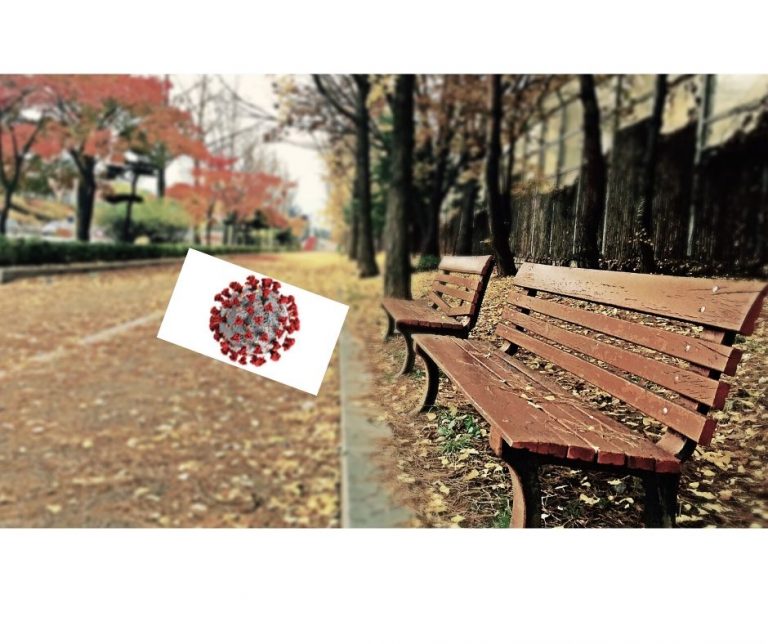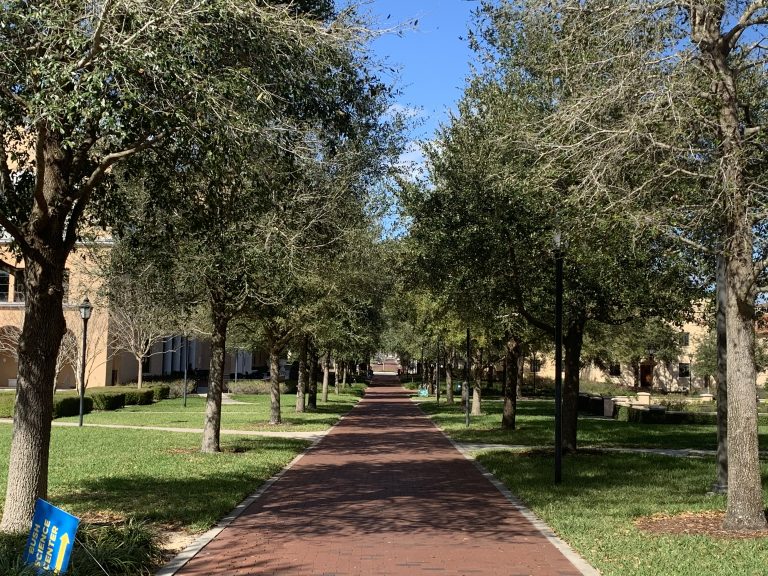What is a College Likely Letter?
Last Updated on December 19, 2024 by Jill Schwitzgebel
During the long winter months of waiting after submitting applications, there is probably nothing more exciting than receiving a college likely letter. Top students have often heard rumors about them, but they’re rare enough that they probably haven’t known anyone who has received one.
What Is a Likely Letter?
They are letters sent by the most competitive colleges in the country to the students that they definitely intend to admit – think Ivy league colleges, Stanford, etc. They are usually sent sometime in February, though the colleges will actually release admission decisions on April 1. Students may receive a “likely” in the form of a letter in the mail, an email, or even a phone call! And yes, receiving one means that admission is a sure thing – as long as there are no big changes, like a significant drop in grades, a disciplinary action, etc.
Though the letter means that the college intends to admit the student, it is NOT an official offer of admission – yet. Sometimes they will directly say that they intend to admit them, but the wording may also be more vague. But, the letter will convey the idea that they plan to offer admission.
 Who Gets a Likely Letter?
Who Gets a Likely Letter?

First, know that not getting a likely letter does not mean that a student is not going to be accepted. In fact, it appears that only about 10% of students that are accepted will receive one. Usually, the students that receive a college likely letter are students that the college covets for some particular reason. Often, top athletes will receive them, but colleges may wish to notify students who are highly accomplished in other areas too, whether it’s music, science, or another field. Regardless of what discipline they are in, it means that the student is among the most outstanding of applicants.
Many of these same colleges have begun sending out letters to students in the summer or fall before the application deadline, inviting them to apply. While these letters seem to target high-achieving students, it appears to me that these letters are strictly marketing meant to increase the number of applications they receive. Unfortunately and understandably, many students interpret these letters as being similar to the likely letters that are sent after the application deadline. While students realize that the letters are not a guarantee, it does get their hopes up that they have a greater than average chance of acceptance. Often, these are students who are good candidates to apply, but beyond that, the letters should be interpreted as marketing materials.
Why Send Likely Letters?
So what makes colleges send out a likely letter? Insecurity! Yes, the colleges that send out the letters are typically the most difficult to be admitted to, and most applicants are thrilled to receive an offer of admission on April 1st. But, as I’ve mentioned previously, colleges care a lot about their yield rates. Yes, these colleges typically have high yield rates compared to less selective colleges, but these colleges presume that these same students are also attractive applicants to similar highly competitive schools. So, the hope is that by letting a student know early that they will be accepted, it will generate early enthusiasm about the college, and will increase the odds that the student will then choose their school over the “competition.”
Finally,
Likely letters almost seem to be almost cloaked in mystery. Colleges generally do not talk about sending them, openly. But, if you are curious you can search on Google to get an idea of whether schools your student applied to send them, as well as the timing of when they send them.
Students that are the lucky recipients of these letters typically don’t need to respond or do anything beyond maintaining the same standards that they’ve maintained for 3.5 years of high school. And, just as receiving one does not mean that college can’t change their mind if the student doesn’t meet expectations in the two months before decision day, students who receive them are not obligated to attend either!










